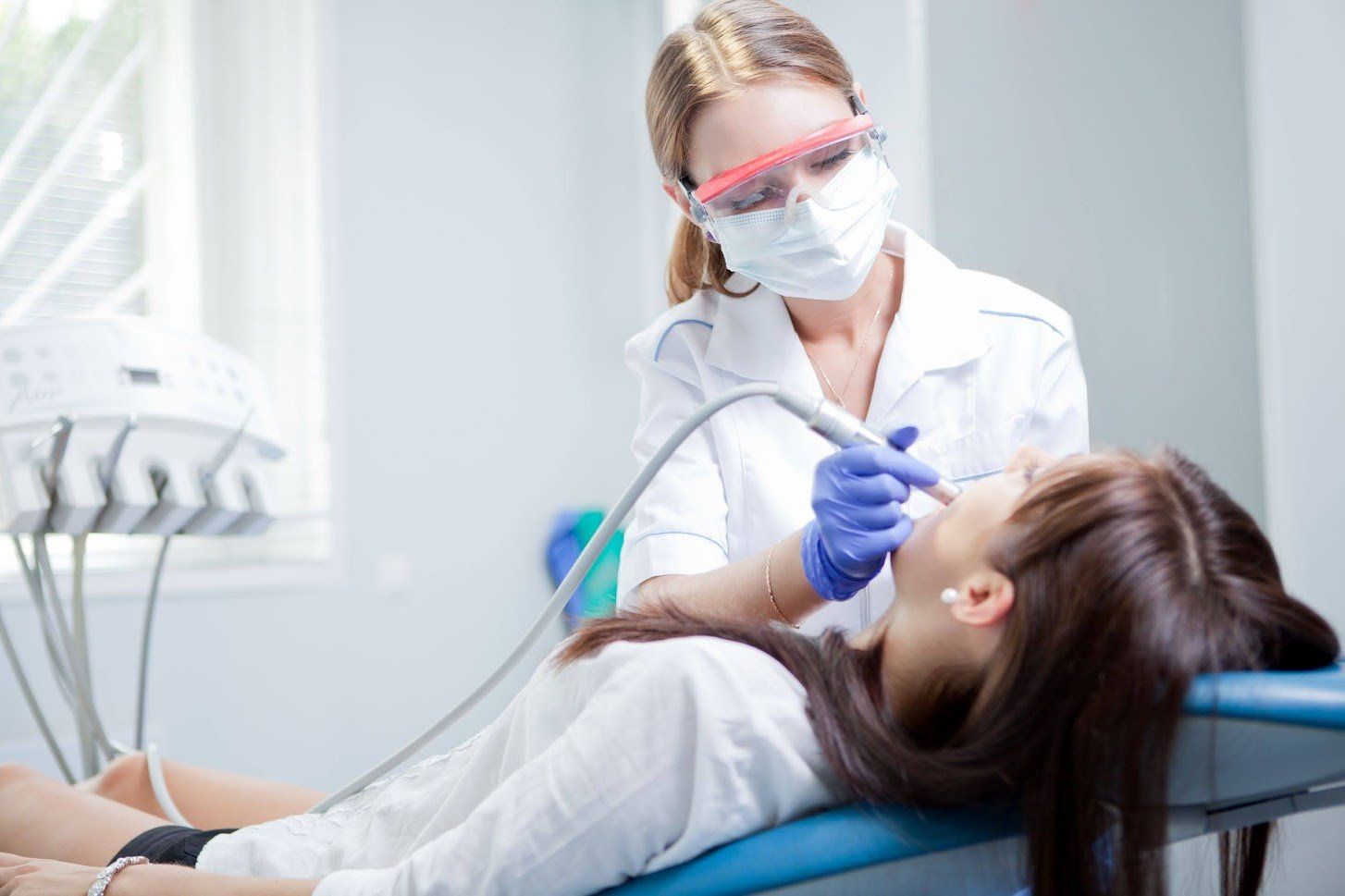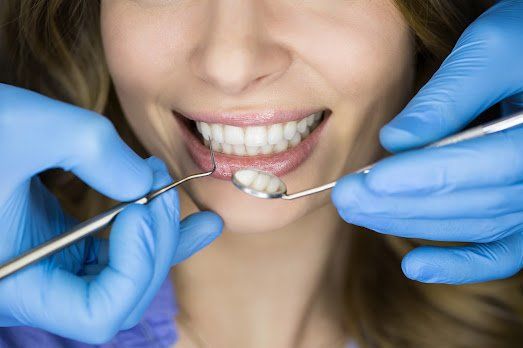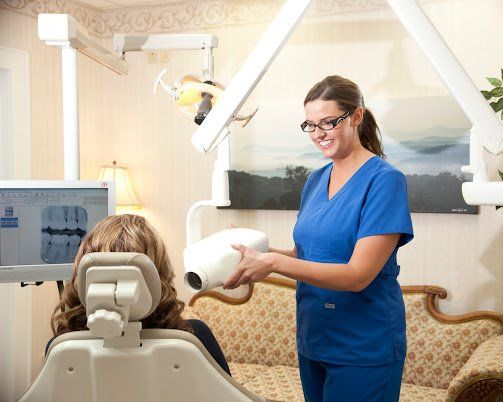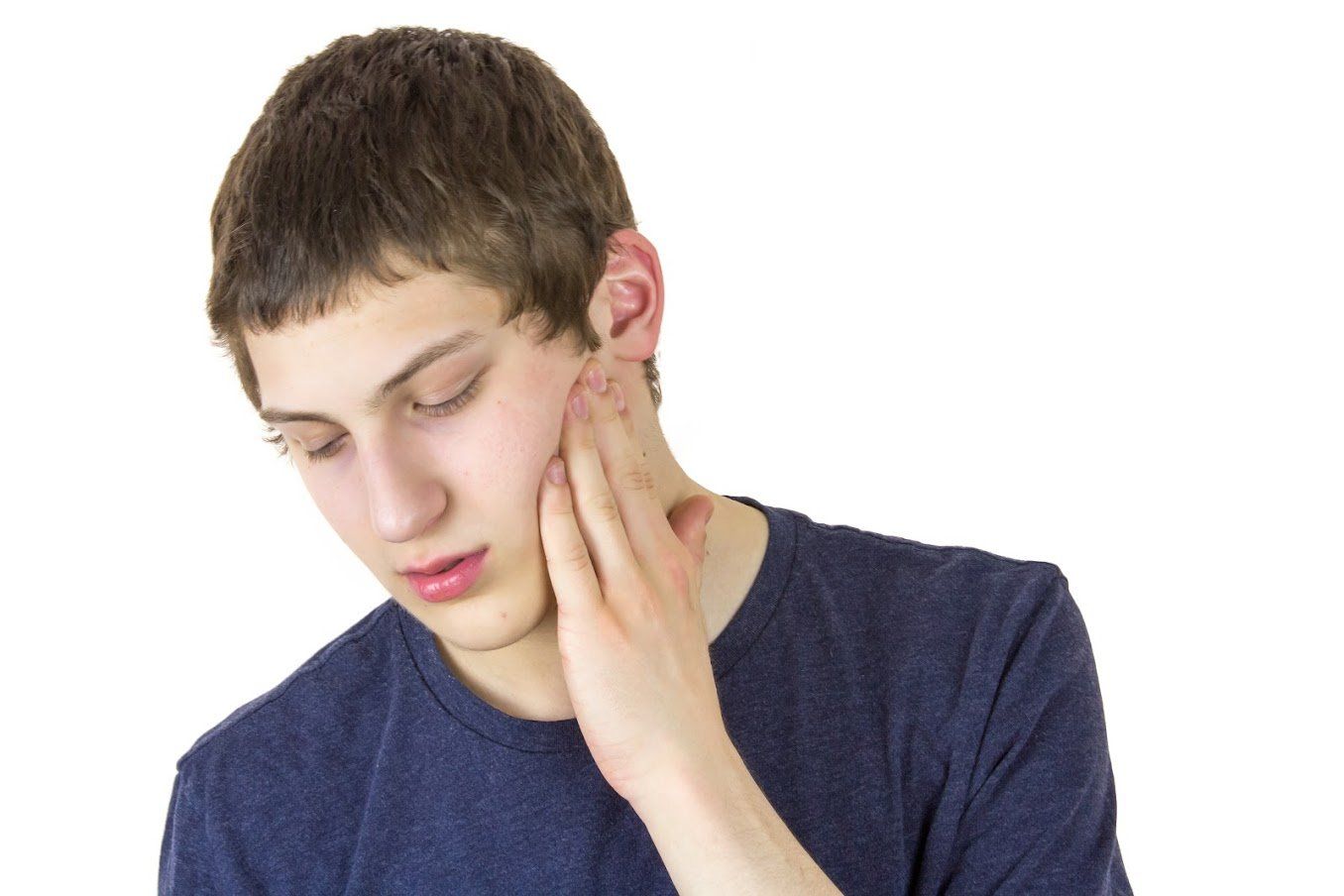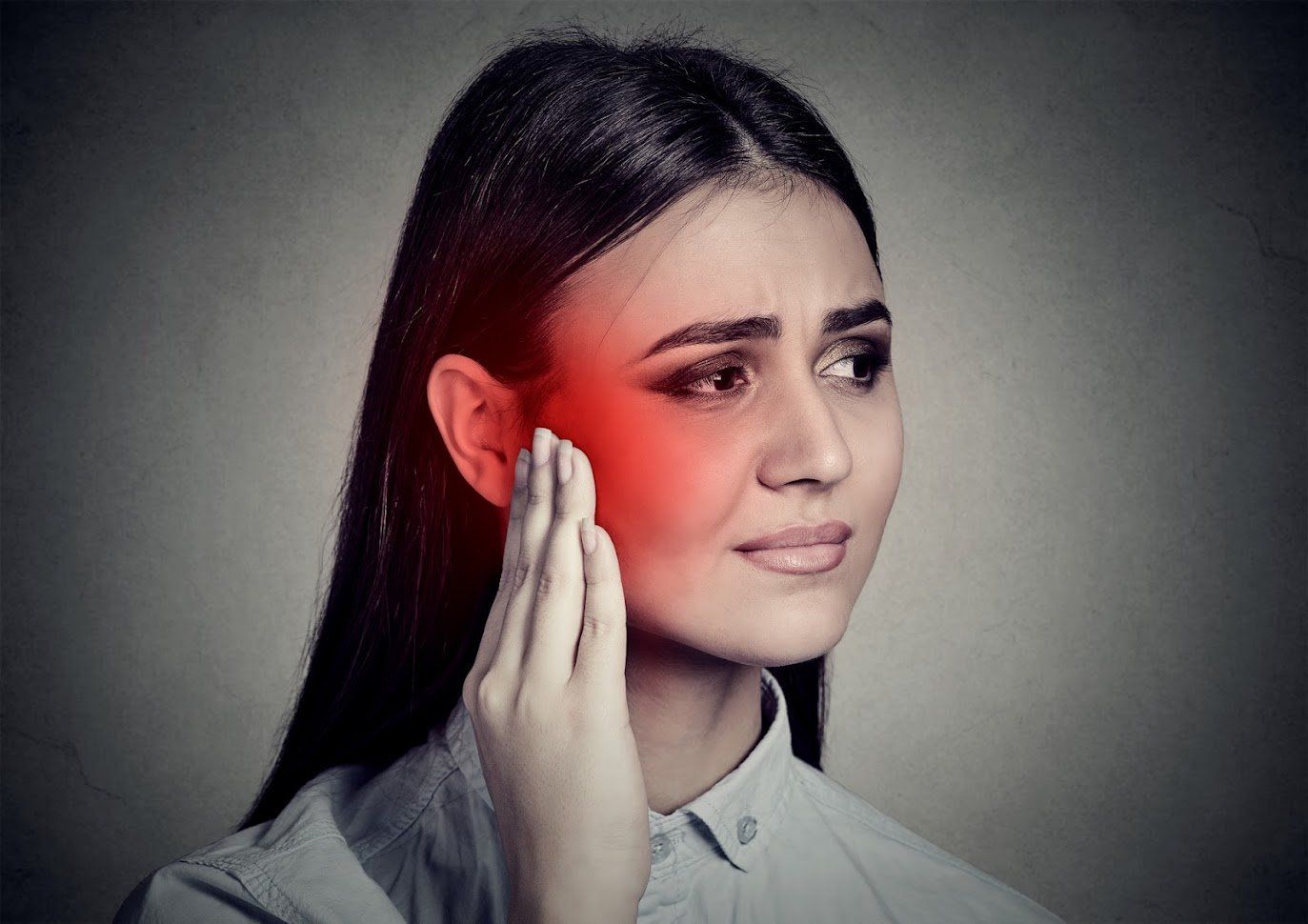5 Common Causes of Dental Sensitivity in Adults
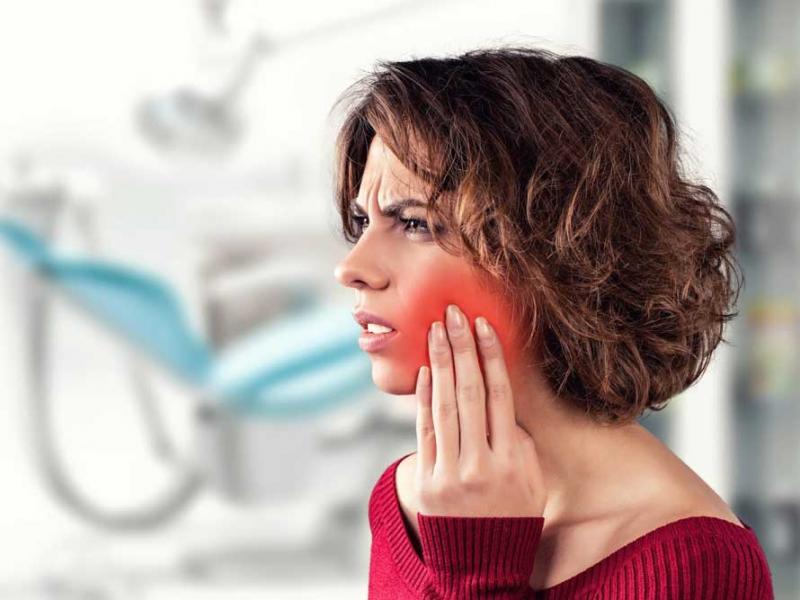
Both children and adults can experience tooth sensitivity, but these flashes of pain tend to have different causes depending on the age of the patient. Adults often develop tooth sensitivities due to avoidable behaviors.
While some causes of sensitivity are easily reversible, others result in long-term changes that require dental treatment to stop your reactions to hot or cold foods. Avoiding the following five common causes of sensitive teeth is easier than trying to treat the problem after it sets in.
1. Enamel Loss
Any one of half a dozen different causes of enamel erosion can leave your teeth reacting to the mildest temperature changes and pressure. Grinding your teeth at night wears away the enamel, exposing the nerves of the teeth. A diet that is high in acidic foods and drinks will also eat away the enamel, especially if you don't brush or rinse your mouth after each meal or snack.
Even routine brushing can result in missing or weakened enamel if you apply too much force or move the brush too quickly. Brushing slowly, gently, and in small circles is much less damaging to your enamel and can prevent adult-onset dental sensitivity.
2. Gum Disease
Gum disease, including gingivitis and the more serious periodontitis, slowly exposes the upper part of the teeth roots as the gum tissue shrinks and recedes. Since this part of the tooth isn't as protected by enamel as the rest of it, the newly revealed material is often sensitive and causes pain when you drink something cold or brush your teeth.
Treating the gum disease will prevent your sensitivity from worsening, but it won't necessarily eliminate the pain you're already experiencing. Try a separate treatment for the pain after your gum disease is in remission to address both issues.
3. Mouthwash Use
A quick swish with some mouthwash may leave you with fresh breath and help wash away acidic food and drink residues, but it can also backfire and cause dental pain as well. Overuse of mouthwash products that include alcohol often leads to pain and sensitivity, even without any specific damage to the teeth or gums.
While some mouthwashes may trigger tooth pain, other products can solve them. Mouth rinses designed specifically for treating sensitivity contain numbing agents that can prevent painful reactions for hours after use, allowing you to enjoy your favorite foods and drinks again.
4. Cracked Tooth
Sometimes a sudden development of a new sensitivity is due to serious damage to one or more teeth. A tiny and nearly invisible crack or chip in a tooth's surface can penetrate to a nerve and cause pain when you eat, drink, or even just bite down. The pain may not develop until infection starts to grow in the crack, or it may start immediately after the tooth is damaged.
A visit to your dentist is the best way to rule out this cause of a new change in tooth pain and reactivity. The sensitivity to hot and cold can grow into constant pain if the chip or crack worsens and becomes infected, so treat the problem promptly if the tooth has mechanical damage.
5. Dental Treatment
Having a cavity filled, veneers installed, or even just routine cleanings can all cause temporary tooth sensitivity. Caps and crowns can lead to long-term or permanent pain in response to hot and cold foods due to the effect on the nerves in the pulp of the tooth during treatment. Your dentist can recommend desensitizing treatments if the pain lasts longer than a few weeks after a dental procedure.
Seek treatment with us here at
Pittsburgh Dental Spa if you find yourself unable to enjoy a hot cup of coffee or a bowl of ice cream due to sensitive teeth.
Reviews from real patients:
Carmen up front is the nicest person ever! First time I met her she was running around doing many jobs and still being oh so sweet. Dr. Kelly is just as amazing! They truly make you feel comfortable and the atmosphere is amazing. Highly recommend!!
Brianna Bangs


